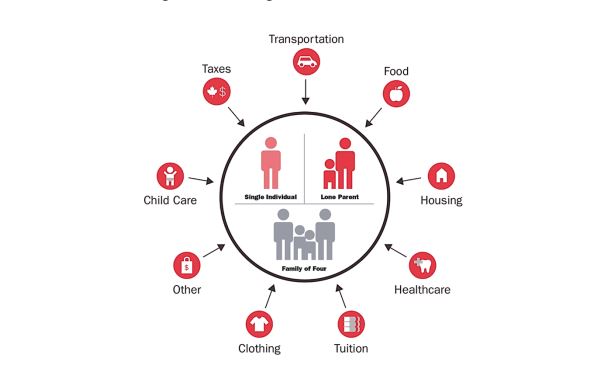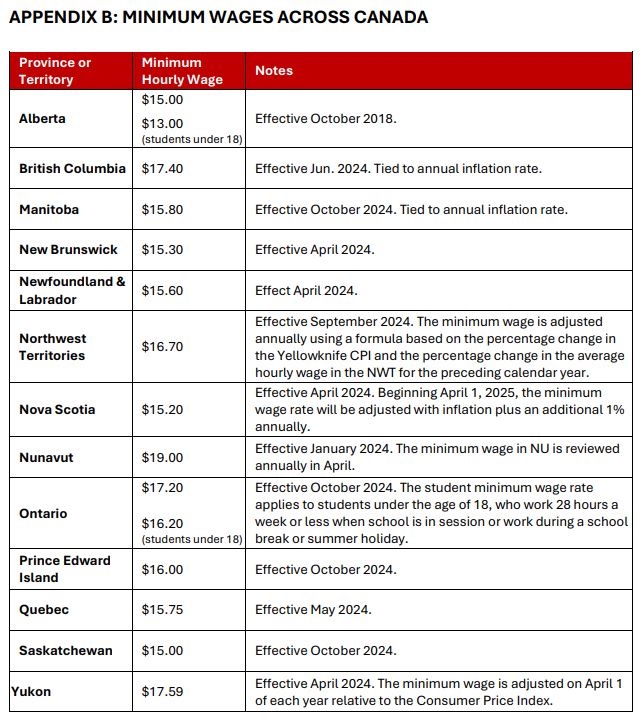A big jump in the cost of housing and food means there has also been a increase in Calgary’s living wage over the past year, according to a new report by Vibrant Communities Calgary.

A living wage is defined as the hourly wage a person needs to earn from their job to cover all the basic expenses necessary for a moderate standard of living, including things like food, clothing, housing, health care, child care, taxes and transportation.

Alka Merlin, Director of Communications for Vibrant Communities Calgary said over the past year Calgary’s living wage has increased from $23.70/hr to $24.45/hr.
In Edmonton, over the same period, the living wage has decreased from $22.25/hr to $20.85/hr.

Get breaking National news
“The difference between the two cities is the cost of housing,” said Merlin. While housing costs in Edmonton are down slightly over last year, “it costs the average Calgarian about $2,000 more for shelter (housing) than it did last year.”
There is some good news, with the report saying families are spending about $2,000 less on child care and about $1,500 less on electricity costs, but Merlin says “housing costs in Calgary have wiped out any advantage.”
The living wage is different than the provincial minimum wage – it is 63 per cent higher, or almost $10.00 more than the minimum wage which is only $15.00 per hour and $13.00 per hour for students under the age of 18.
Merlin says about 126,000 Albertans earn minimum wage which was last increased in 2018 and is now, along with Saskatchewan, the lowest in the country.
Merlin says Vibrant Communities Calgary is advocating for ‘incremental’ changes in the minimum wage because “it also needs to work for business, especially small business.”



Comments